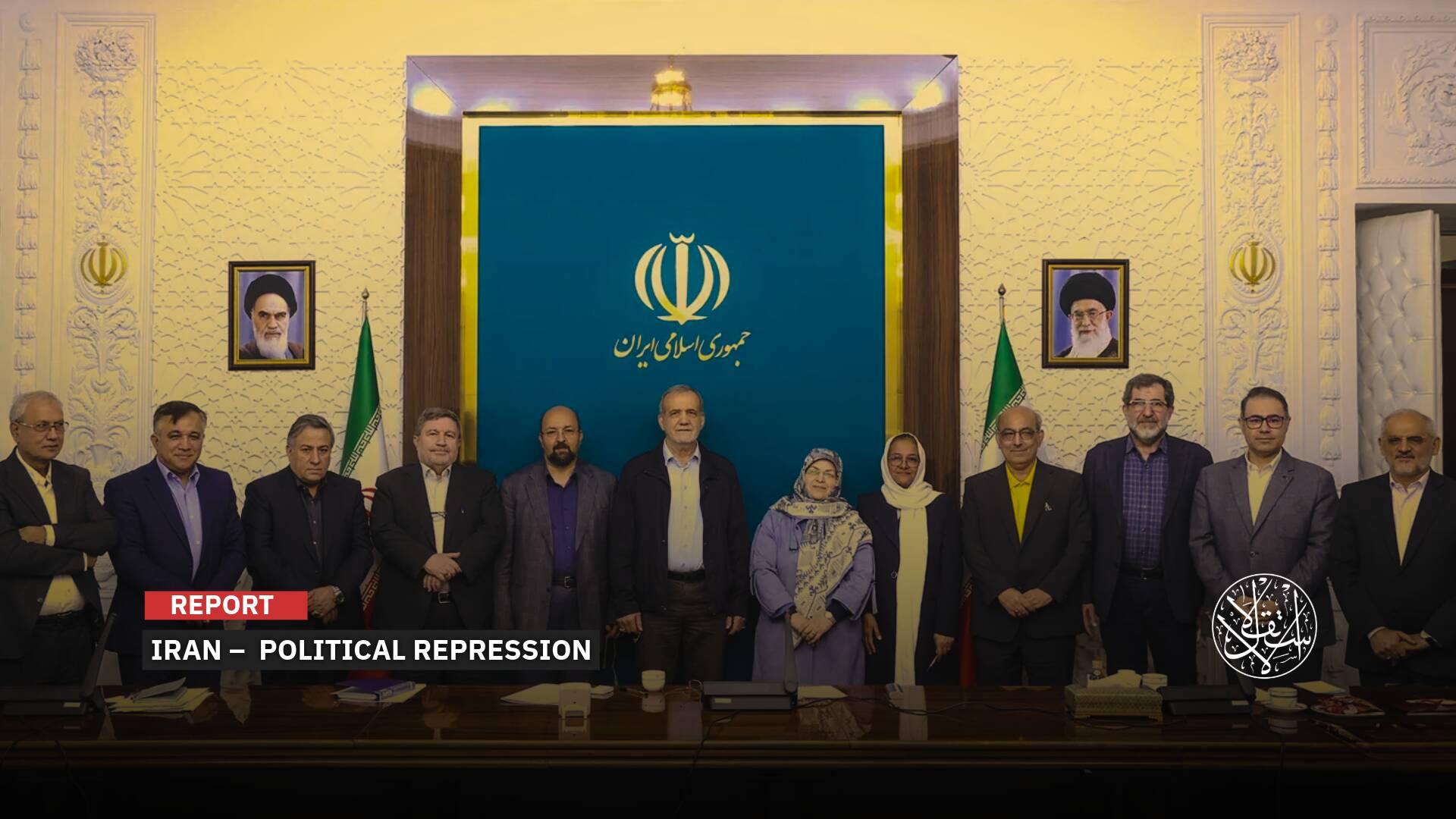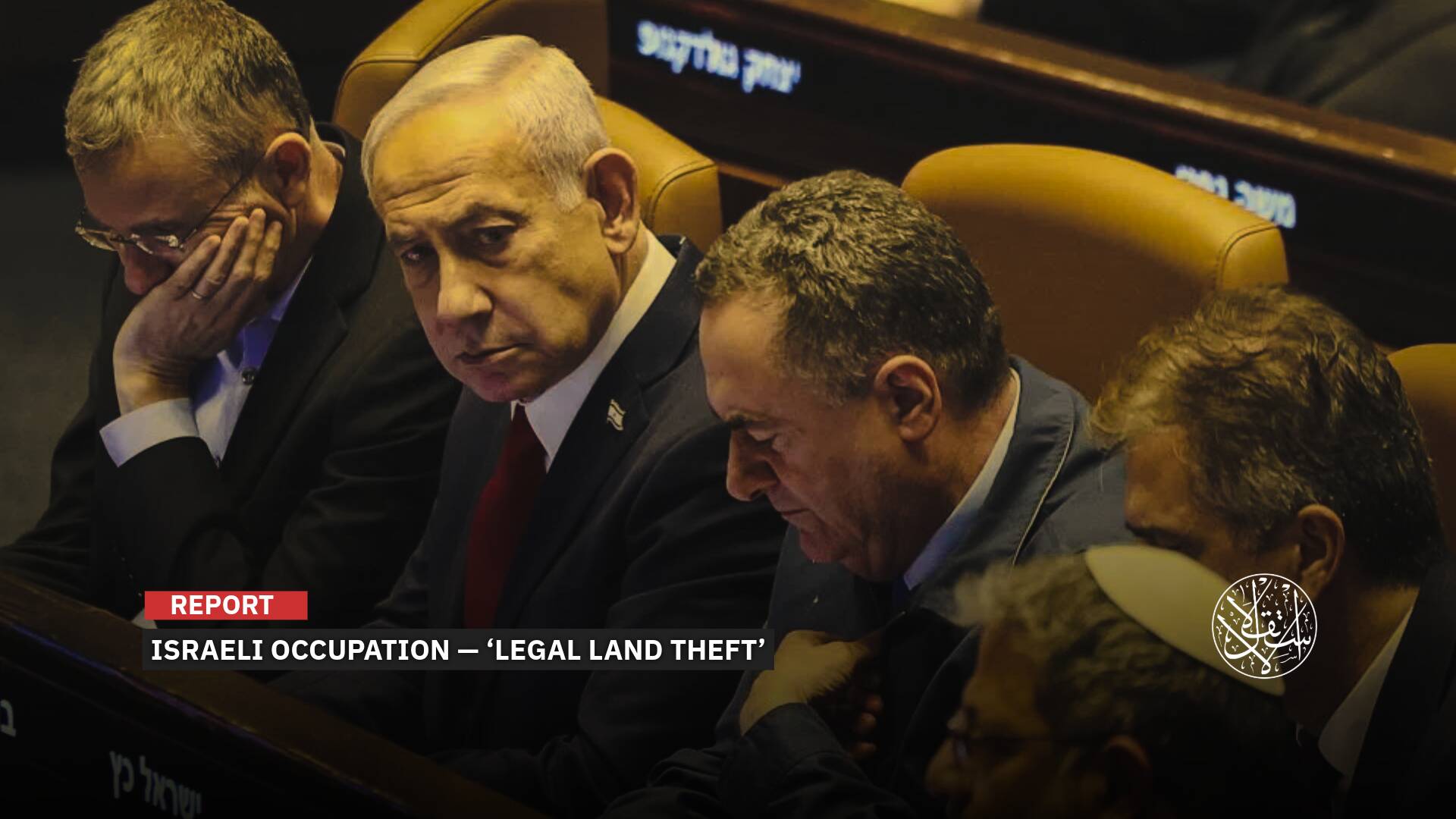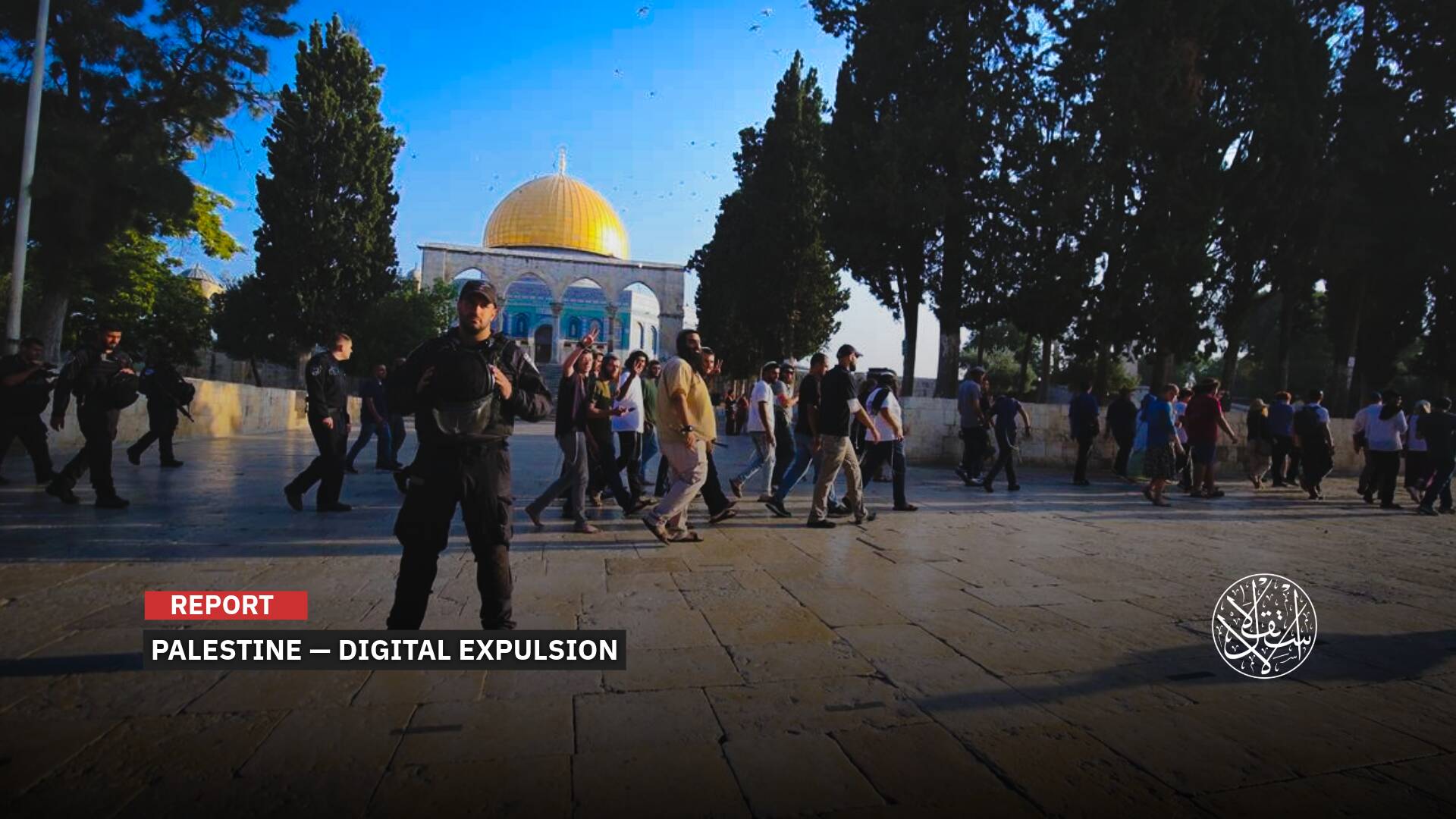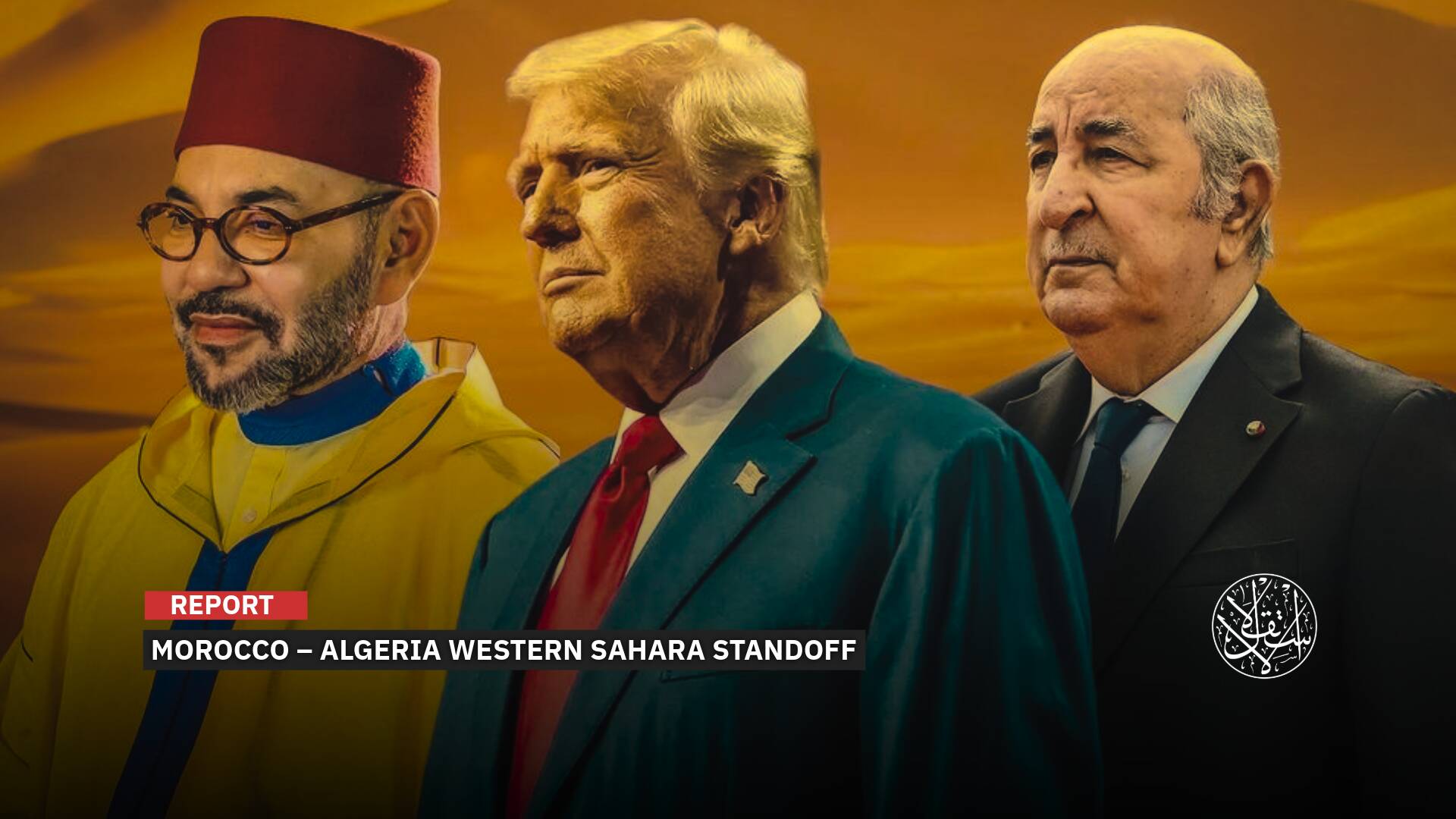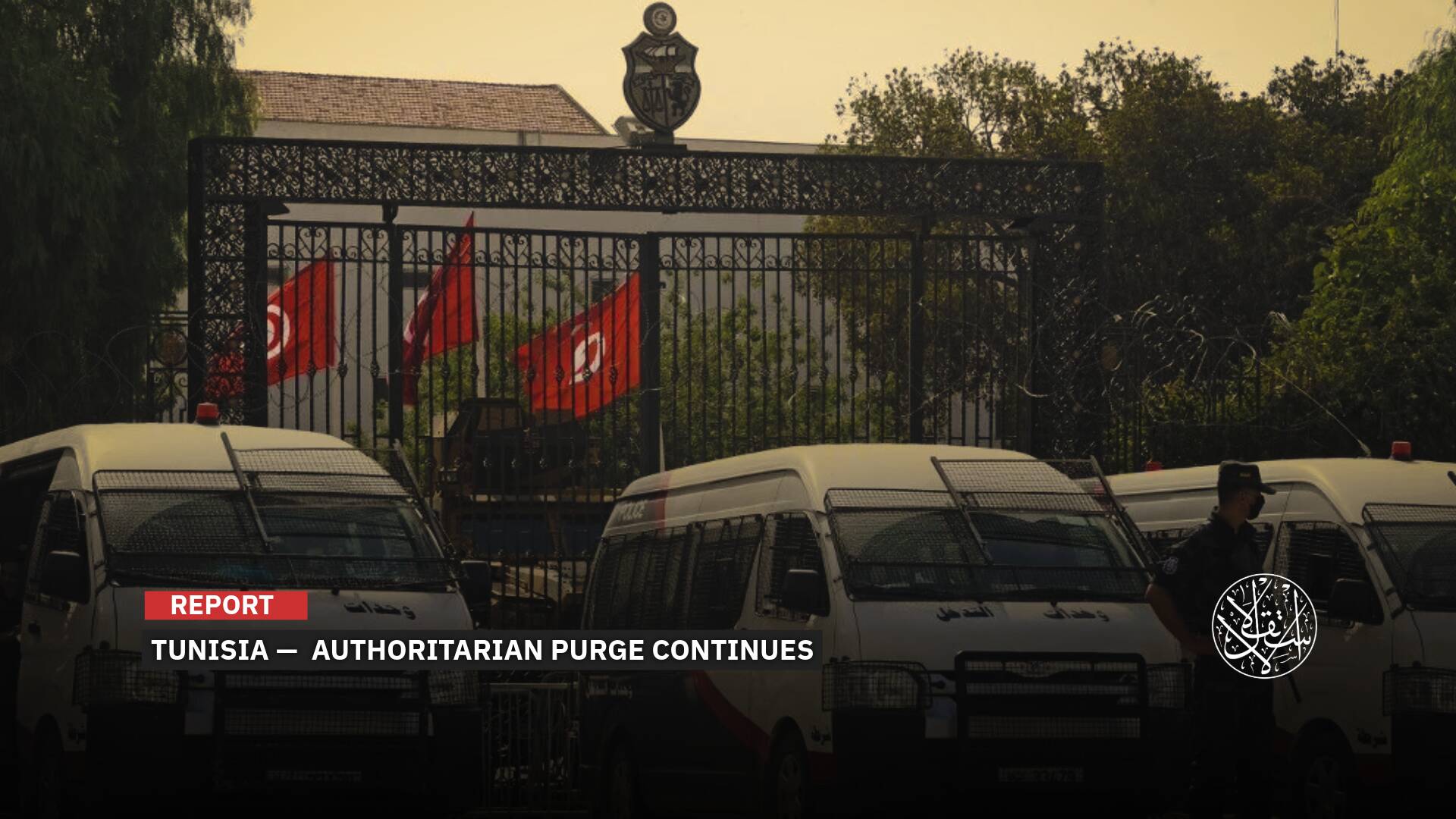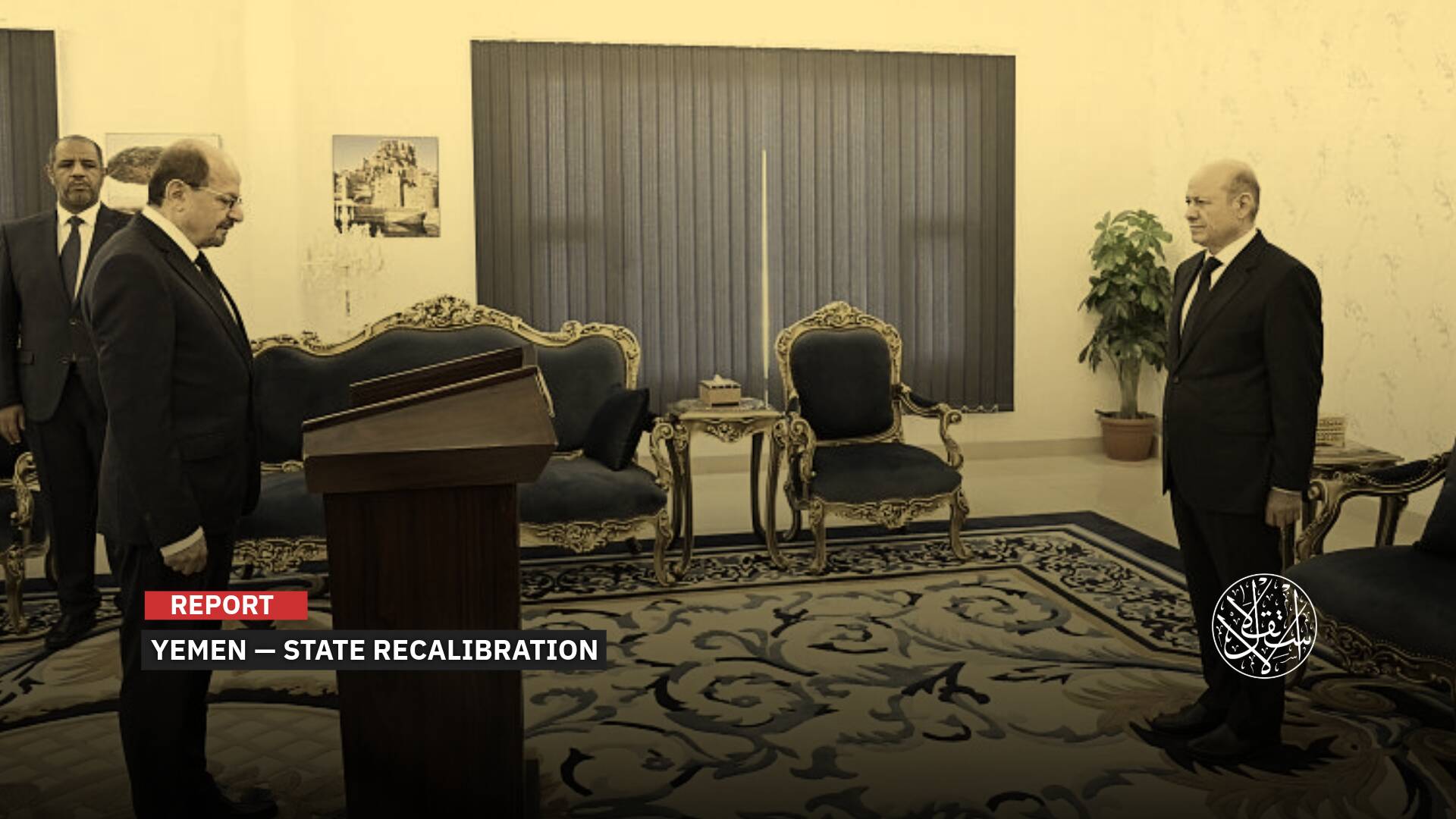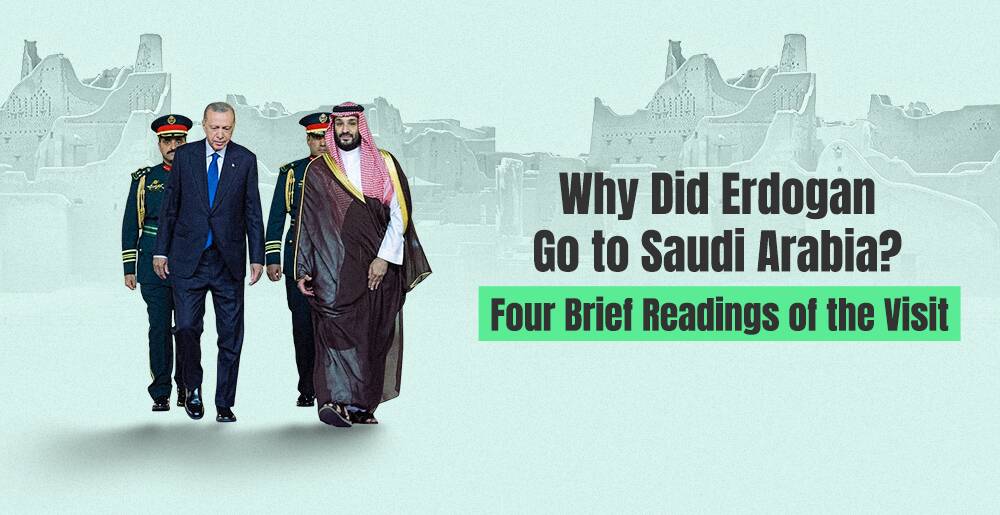How Does Facebook Target Palestinian Content?

This week, Facebook closed the account of Tamer al-Misshal, a prominent Palestinian journalist who works for the Al-Jazeera channel and hosts the program The Hidden is More Immense, or The Tip of the Iceberg, in Arabic.
The move came without prior warning, hours after he published an investigation titled The Closed Space — in Arabic with English subtitles here — that included startling revelations about the relationship between Facebook and the Israeli security services.
The investigation, which aired on September 8, featured confessions of an Israeli security official who admitted that Facebook cooperates with the Israeli Occupation to remove content that is deemed hostile or inciting by the Israeli authorities, and to target Arab and Palestinian content on the platform.
The investigation also cited human rights activists and former Facebook officials who acknowledged that there is a bias against Arab and Palestinian content, especially on social media platforms.
وما خفي أعظم ! https://t.co/akMjWjeEke
— Tamer Almisshal | تامر المسحال (@TamerMisshal) September 10, 2023
Facebook Policies
The program team conducted an independent experiment to test Facebook’s policies and professionalism. They created two pages on Facebook, one in Arabic called “Palestinian Suffering” and the other in Hebrew called “Land of Ancestors.”
They monitored how Facebook dealt with the content published on both pages over several months.
One of the findings was that on July 26, 2023, the team posted news and pictures of martyrs in Nablus who were killed by an Israeli Operation on the Arabic page.
The post was immediately deleted from the Arabic page, and they received a warning that their page would be permanently blocked.
However, on the Hebrew page, they posted the same news about the victims of Nablus with more shocking pictures and an inciting text. The post was not deleted by Facebook or flagged as violating its community standards.
The account of Al-Jazeera on Instagram shared a picture of al-Misshal, explaining that his account was closed after 24 hours of broadcasting the investigation The Closed Space.
Al-Misshal has not received any explanation from Facebook about why his account was shut down.
Facebook has faced criticism for its role in censoring Palestinian voices and suppressing information about the Israeli Occupation and its violations of human rights.
In 2016, the Israeli Occupation passed a law that imposes heavy financial penalties on social media companies that do not comply with its requests to delete Palestinian content that it considers anti-Semitic or hateful.
According to former Facebook officials, most of the content that the Israeli Occupation requests to be removed is deleted by Facebook and other platforms.
Facebook has recently changed its name to Meta as part of its vision to create a metaverse, a virtual reality where people can interact through avatars.
However, some human rights activists have questioned whether Meta and its platforms are doing enough to support human rights around the world and whether they are applying consistent policies across different regions and contexts.
A day after Tamer Almisshal, a Palestinian #journalist with #Jazeera, presented shocking evidence of Meta's censorship of Palestinian content on its platforms during his "Tip of the Iceberg" TV show, Facebook has taken down his page.#IsraeliCrimes #Palestine pic.twitter.com/RGQm8sUuzQ
— Hadeel Abo Aita (@aita_hadeel) September 10, 2023
Excessive Rules
The investigation, titled The Closed Space, revealed how Meta’s oversight board, algorithms, employees, and Israeli lobbies have influenced the removal or suppression of posts and accounts related to Palestine and other Arab issues.
Julie Owono, a member of the oversight board at Meta, testified that the board was aware of the excessive application of Meta’s rules regarding Arabic content.
She gave an example of a user in Egypt who posted a news report from Al-Jazeera that mentioned the military wing of Hamas, which is considered a terrorist organization by Meta.
The report was deemed protected and worthy of publication by the board, but Meta banned it anyway. Owono criticized Meta for suppressing news content from an important news institution.
The investigation also exposed the role of Israeli lobbies in pressuring Meta’s management.
A former director of Middle East and North Africa policies at Meta confirmed that the Israeli Occupation had created a very strong system to pressure and influence Meta’s platform management and that Israeli policy tried to influence even the rules that govern the work of algorithms.
He said that the Israeli Occupation had prepared a whole army of reporters and that one of the Jewish organizations in the United States had launched an app that encouraged users to report content that was opposed to “Israel.”
The investigation also found that hundreds of employees at Meta held Israeli nationality, including managers, supervisors, and technicians in various departments at its headquarters in “Israel” and in the United States. Some of them had previous ties to the Israeli army and the Israeli government.
Among the most influential employees were Adam Mosseri, head of Instagram; David Fischer, director of financial revenues at Meta; and Emi Palmor, a former director at the Israeli Ministry of Justice who was responsible for the cyber unit that fought Palestinian content. Palmor was also appointed to Meta’s oversight board, which raised questions about the independence of this board.
Meta also acquired several Israeli technology companies and opened one of its largest headquarters outside the United States in Tel Aviv.
Digital expert Marlena Wisniak admitted that there was excessive restriction on Arab and Palestinian content and confirmed that many documented cases indicated that Palestinian or Arab content was removed contrary to Hebrew content.

Systemic Digital Repression
The news of closing the account of Tamer al-Misshal, a famous Palestinian journalist at Al-Jazeera, received wide interaction from users who confirmed what was stated in the channel’s investigation.
Al-Misshal said that he had contacted Meta’s management to clarify why his account was deleted, but had not received a response yet.
Users expressed their anger and frustration at Meta’s actions, which they saw as an attempt to obscure the truth and erase the Palestinian cause. They also praised Al-Jazeera’s investigation for exposing Meta’s connection to the Israeli army.
Facebook has been accused of censoring Palestinian activists who posted content about their resistance against the Israeli Occupation.
The activists said that Facebook had blocked their posts and suspended their accounts for up to three months for sharing information and images of prominent Palestinian figures, such as the founder of Hamas, Ahmed Yassin.
They also claimed that Facebook had changed its algorithm to target any content that criticizes “Israel” or expresses solidarity with the Palestinian cause.
Facebook, which has been struggling to moderate content amid the COVID-19 pandemic, said that it had fewer people available to review reports and that it was enforcing its “community standards” to prevent hate speech and incitement to violence.
However, the activists said that Facebook was applying a double standard and silencing their voices, while allowing pro-Israeli content to spread freely.
Some of the activists who were affected by Facebook’s actions are Walid Al-Attar, a journalist who said he was banned for 90 days for following old publications on Palestine and the Israeli Occupation.
Another activist is Abdul Qadir bin Masoud, who said he was banned for a day for writing a post about Ahmed Yassin on the anniversary of his assassination by “Israel” in 2004.
Asma Saeed experienced repression as well, saying she was barred from going live for two months for posting a photo of the funeral of Yahya Ayyash, a Hamas bomb maker who was assassinated by the Israeli Occupation in 1996.


